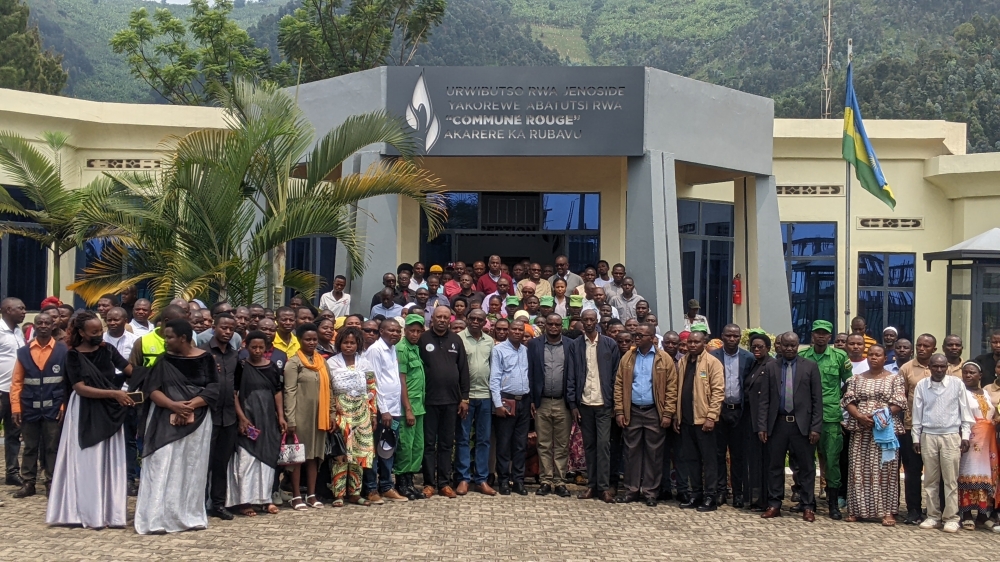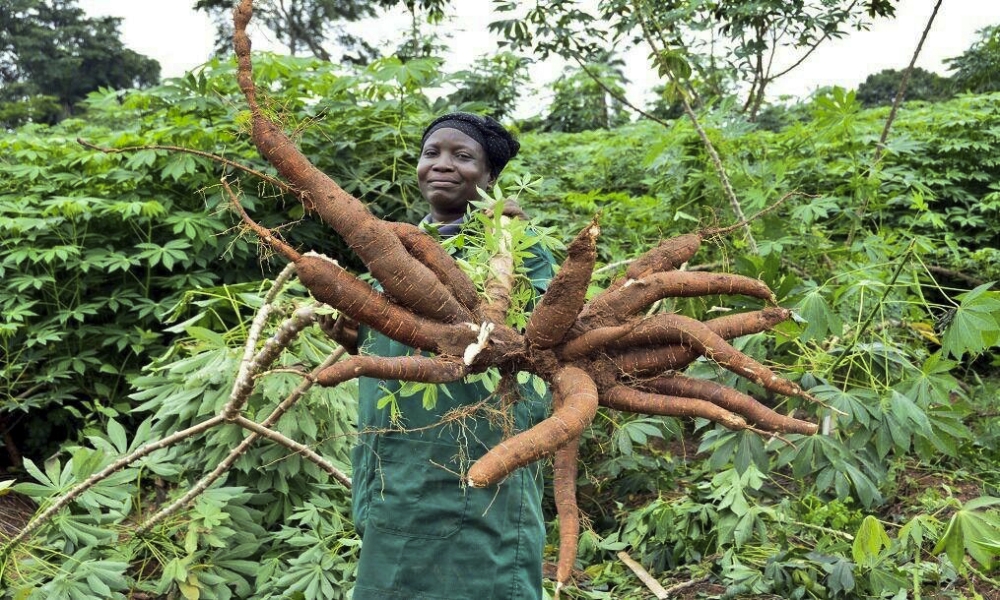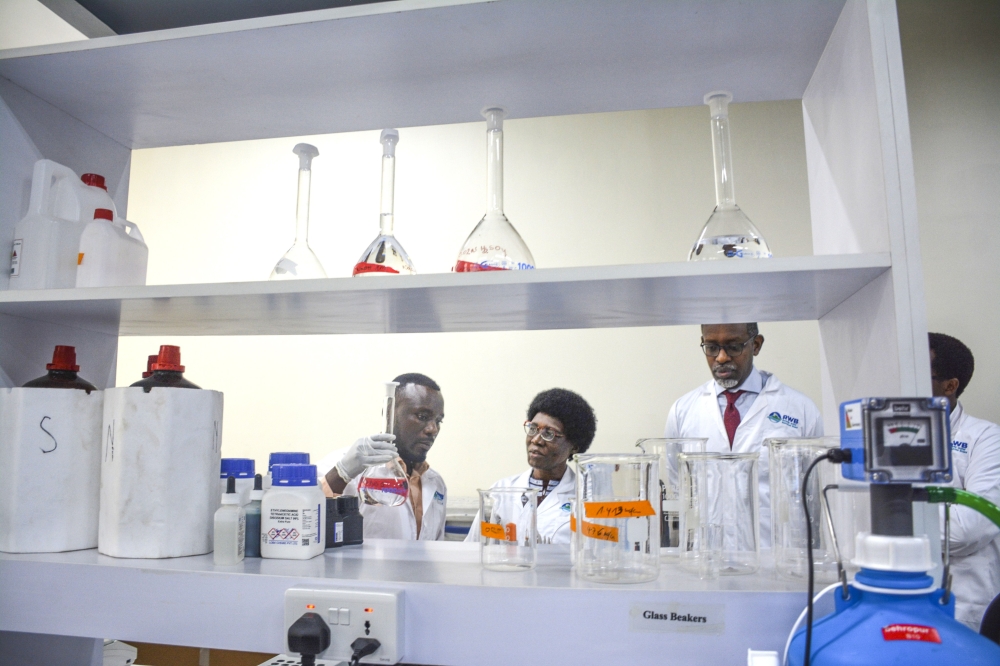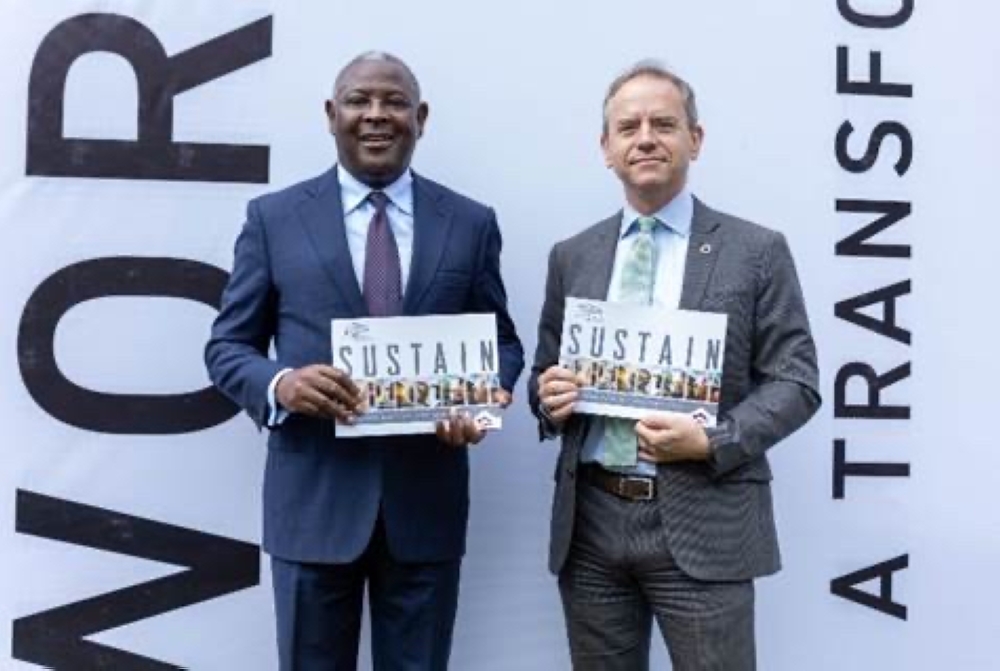Local leaders in Rubavu District have vowed to step up efforts to counter false information about the 1994 Genocide against the Tutsi that continues to circulate from the Democratic Republic of Congo (DR Congo).
The move is part of broader initiatives under the ongoing Unity and Resilience month-long campaign to combat genocide ideology in border communities.
Jean d’Amour Ufitebeza, the Executive Secretary of Nyamyumba Sector, said the misinformation spread from across the border must be stopped before it reaches local residents.
ALSO READ: We were told we'd be killed’, says Rwandan returning from DR Congo
“Our sector is geographically very close to DR Congo, where some armed groups and perpetrators of the 1994 Genocide against the Tutsi still operate,” Ufitebeza said on Tuesday, October 21, during a community visit to the Commune Rouge Genocide Memorial.
“Many residents cross the border daily for trade. We cannot pretend they don’t interact.”
He urged the border community to reinforce unity and reject rumours, particularly those intended to distort the truth about the Genocide.
“People should avoid any genocide misinformation spread from across the border,” he added. “Unity builds our country.”
Gervais Hitayezu, head of Ibuka, the umbrella body of genocide survivors in Nyamyumba, said cases of genocide ideology still surface in some border areas.
He praised the visit to the Commune Rouge memorial site, saying such initiatives “help people learn the real history of what happened in 1994 and understand the truth.” He added that it is vital for leaders to witness this history firsthand so they can better educate their communities.
ALSO READ: REB urges teachers to help combat genocide ideology
“More people should come and see the evidence here,” Hitayezu told The New Times.
Teresa Niyibizi, a 31-year-old businesswoman from Busoro Cell, said she was deeply moved after visiting the memorial for the first time.
“I used to pass by here without paying attention,” she said. “But after touring the site and seeing the documented evidence of how Tutsis were killed in 1994, I was shocked.”
She added that exposing young people to such memorial sites can play a key role in preventing future atrocities.
“When young people see how their peers were manipulated into committing atrocities, it helps them learn and reject such ideologies,” she said. “There are many lessons I’ve learned here that I’ll share with my neighbors.”
According to Ibuka in Rubavu, many Tutsi—including businesspeople from across the country who came to the area to collect Bralirwa products—were killed and their bodies dumped into Lake Kivu.






